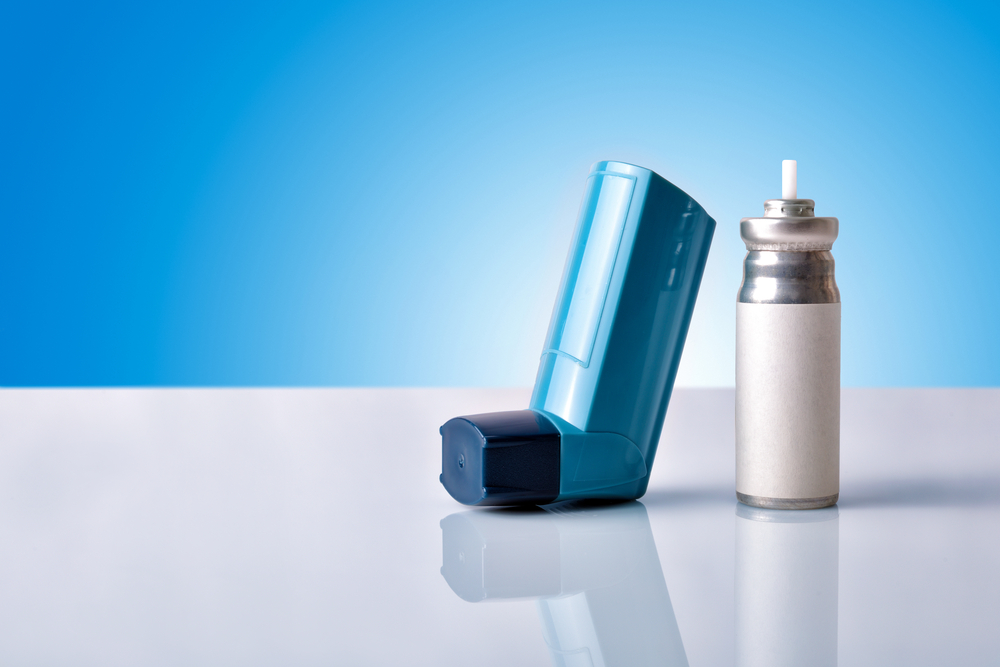
Scientists from the Texas Biomedical Research Institute are developing a new approach to tuberculosis (TB) protection — one that provides a better, safer defense and is deliverable by spray instead of shot.
These represent major changes to the vaccine, but the scientists are seeking to increase the population capable of tolerating a TB vaccine. They have already seen results in a mice study, which they published in the journal Mucosal Immunology. They next plan to experiment on nonhuman primates.
TB is the world’s leading infectious organism-based killer, according to the World Health Organization. Its current vaccine, known as BCG, has been shown to be between 70 and 80 percent effective in warding the most severe forms of TB. Its efficacy wanes from childhood and it is significantly less effective in fighting respiratory disease, the most common form of adult TB. Additionally, BCG is not even in use in the United States due to the nation’s lower risk of infection, its ineffectiveness against adult, pulmonary TB, and its potential to interfere with testing. BCG also cannot be given to patients with compromised immune systems.
“What we found is that our formulation of a vaccine protected better than the current vaccine and did not cause any lung tissue damage,” Jordi Torrelles, a Texas Biomed professor, said. “If further research proves safety and effectiveness, the vaccine can be delivered directly into the lungs.”
The new vaccine is a modification of BCG. While this new vaccine is unique in that it would turn from a shot to a delivery system, not unlike an asthma inhaler, it is not the first to attempt nasal-based TB vaccination. Previous iterations have, unfortunately, led to lung inflammation and, worse, tissue damage. The new vaccine showed inflammation in less than 10 percent of vaccinated mice.
Torrelles is hopeful the new vaccine could also be used on any age group.




